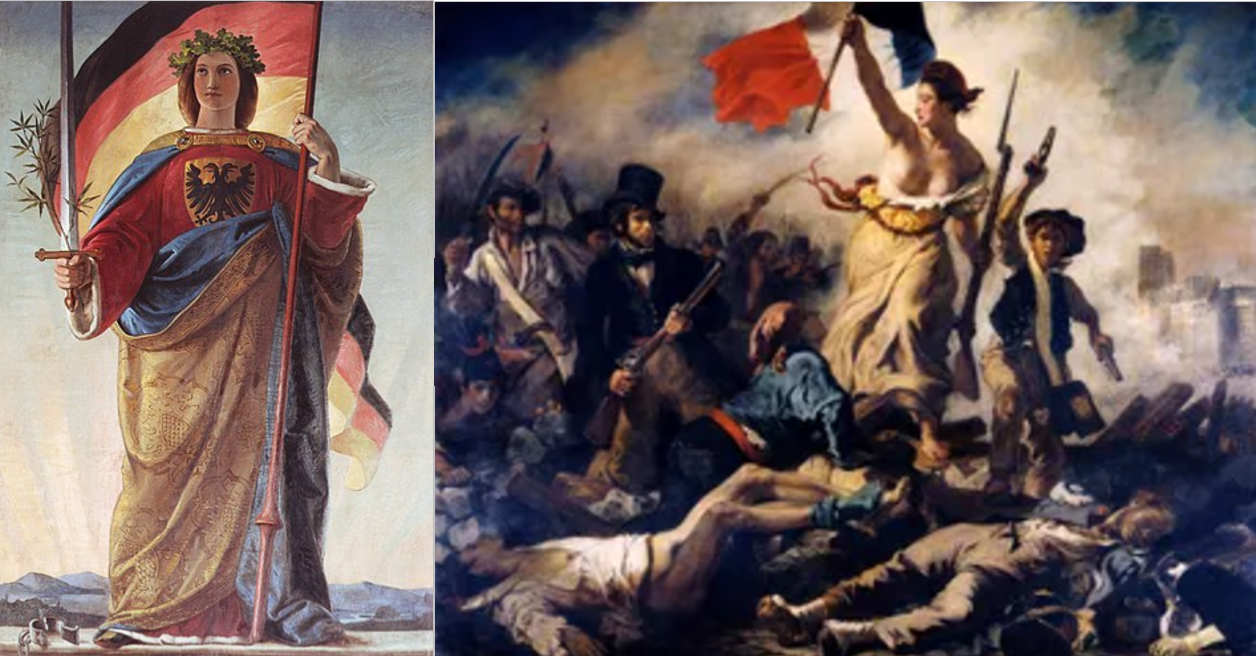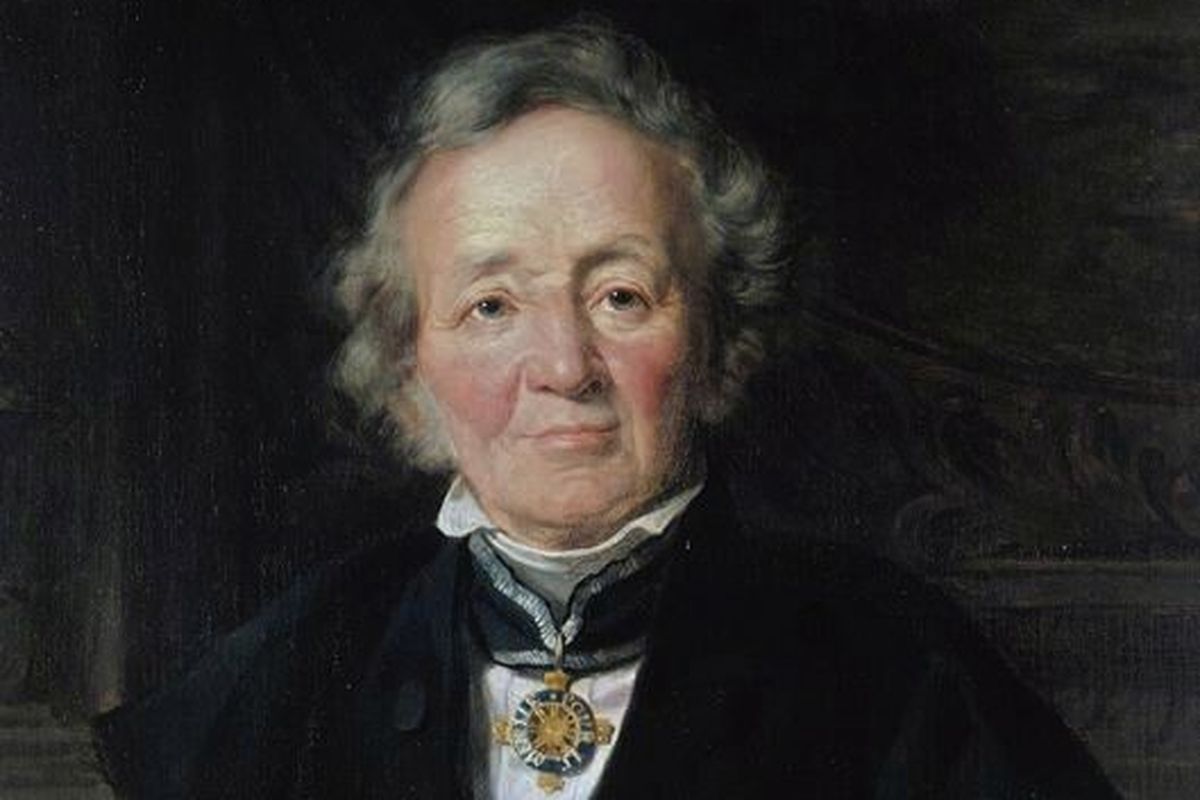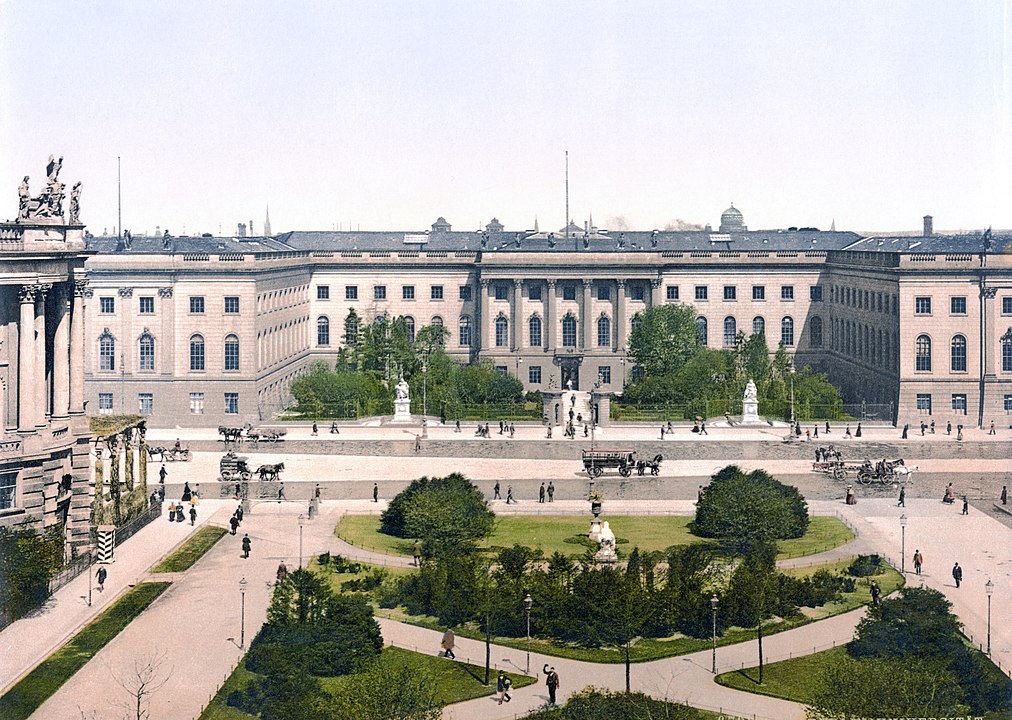By Dimitris Kouvaras,
The long nineteenth century, a periodization usually stretching from the breakdown of the European ancien regime with the French Revolution in 1789 to the beginning of the catastrophic Great War in 1914, is a vibrant period not only in terms of events but also regarding historiographical developments.
The romantic reaction to the omniscient enlightenment principles that accompanied the Revolution in the late 18th century was soon entwined with the nationalist tide of the 19th century, which profoundly influenced the direction of historiography. The positivist scientific fervor of the times, which saw new developments in the social sciences did not leave history uninfluenced either. Meanwhile, new radical avenues of thought were underway, challenging the entire focus of historical thought and the legitimacy of the very socioeconomic foundation of industrial society. As the 19th century saw the consolidation of history as a proper scientific discipline, and since concepts such as “nation” and “class conflict” still figure in public discourse, its relevancy to the present is more than tangible.
Romanticism, an intellectual and artistic movement starting in the late 18th century and dominating the first half of the 19th, came about as an opposition to the all-embracing rational values of the Enlightenment, whose proclamation of a constant human nature conceptualized the world as a homogenous —although graduated— theatre of progress. The French Revolution, which discredited the old European order and highlighted social inequalities, brought with it a disillusionment over the ideal of progress while highlighting the distinct role that a nation (now an expanded and popularised notion not least due to the mass participation in the revolutionary army) could play in history. However, there is another intellectual path to Romanticism, traced to the effects of Protestantism in Germany in Early Modern Times. The protestant notion of divine prefiguration, the predetermination of a person’s fate by God, gave rise to the belief that each nation also had a divine mission to accomplish.

This notion was picked up by Italian philosopher and historian Vico in the 18th century, who envisaged a spiral movement in the history of civilization through distinct eras (godly, mythical, human) corresponding to advancing thought patterns. Each nation supposedly followed a deterministic course of development and decline within this framework. What is especially important for Vico, however, is the defense of the epistemic grounding of history versus the natural sciences. He argued that the natural world is created by God and thus is only known to him, while history is the product of human actions, which allows humans to analyze and examine it.
The historiographical emphasis in Romanticism switched from the universal to the particularity of each nation, a shift greatly influenced by Herder (1744-1803). Herder considered each nation to be a unique developing “organism”, according to his philosophical foundation, whose singularity is inherent and can be traced to its origins. Each person (Volk) follows a distinct role in history assigned by God and nature and intertwined with their spirit, their inner force (Volksgeist). Thus, the prominence of the nation, located in its organic unity, traditions, and biogeographical factors became paramount and provided the foundation for the nationalist historiography of historicism in the 19th century. This shifted attention towards the Middle Ages as the era when European nations were constructed, leading to the publication of medieval sources in Germany and Britain in the 1820s. In France, 19th-century historians like Francois Guizot and Jules Michelet responded to the need for a coherent historical notion of the French nation and placed the collectivity of “the people” rather than “big men” at the forefront of historical action respectively.
The nation’s prominent role was also central to German Historicism, perhaps the best-known historiographical current of the 19th century, which is intertwined with the establishment of history as a science. This latter process started with newly established German universities, such as that of Berlin (1810), whose mission was to offer a comprehensive scientific and aesthetic education (Bildung). Leopold Von Ranke, a German academic who wrote a dissertation on Thucydides, became the cornerstone of this historiographical “school”, which fulfilled the contemporary demands of national legitimation and construction. For Ranke, the past had an independent and objective existence and was prone to reconstruction by the historian, whose mission was to record events “exactly as they happened”, which belies positivist influences. This assumption meant that historical truth was unequivocal and absolute, being uncovered in toto if enough sources are examined.
More sources meant more closeness to historical truth in a rather quantitative approach that nevertheless didn’t preclude source verification and analysis. However, Ranke’s thought also had another strand, reflecting a mixture of romantic concepts and his conservative political opinions. He considered each nation-state to be a “moral energy”, a spiritual power based on God whose tendency is one of independence and expansion. This assumption, far from enabling an objective historical view, covertly legitimized Germany’s nationalist goals in the 19th century and precluded any disturbance of social order (emperor and army) as contrary to history’s course. Reactionary politics came hand in hand with historicist thinking. This paced emphasis back on political and religious history, especially national, diminishing the globalized and cultural perspective of the Enlightenment.

Despite its evident contradictions, historicism developed and refined the craft of the historian into a science. In 1825 Ranke introduced the “Historical Seminar” at the University of Berlin, which provided practical training to history students on the methods of analyzing and processing sources. Emphasis was given to the verification of their authenticity and credibility, using a new interpretation method combined with philological tools. Historians now became part of an organized profession, whose institutions gradually developed. The second half of the century saw the emergence of the first historical scholarly journals, starting with Historiscshe Zeitschrift (1859) and including the British Historical Review and the American Historical Review respectively.
While history was being formalized as a science, a man named Karl Marx pondered on its greater significance. Marx witnessed the inequalities of industrial Britain and linked them to the impressive economic developments of the time, creating a new philosophy of history that combined positivism with the political imperative of social change.
Although his historical writings were miscellaneous and often centered on politics, his main epistemic scheme involved a determinist view of history, which develops in progressive stages according to the extent of economic development reflected in each mode of production. The latter determines all the other aspects of society, such as politics, institutions, and culture, and incites progress to the next stage when the material forces of production contradict the existing organization of labour leading to revolution. Marx introduced the key notion of class struggle as the driving force behind history, which would lead to the collapse of capitalism and the creation of a communist society, after a transition based on a dictatorship of the proletariat. He deemed the indeterminable conclusion scientific, following the trend of the day. Despite its weaknesses, his thinking would be very influential to historians in the 20th century, especially regarding the role of the economy and the working classes.
Overall, the 19th century saw great interest in history and its institution as a science, along with conceptualizations that still underlie historical thinking and national histories, such as a focus on the nation-state and a greediness for events. However, towards the end of the century crisis loomed over the historicist paradigm. Voices such as that of Nietzsche spread doubt on the validity, or even the sense, of accredited values, not least that of history itself. Relativism was gaining ground and was soon to be compounded by the disillusionment of the First World War. 20th-century historiography would face difficult challenges from the start, and to meet them, it would have to change profoundly.
References
- Iggers, George G. “Historiography in the 20th Century: From Scientific Objectivity to the Postmodern Challenge”. Hanover and London: Wesleyan University Press, 1997
- Woolf, Daniel. “A Concise History of History: Global Historiography from Antiquity to the Present”. Cambridge: Cambridge University Press, 2019.




